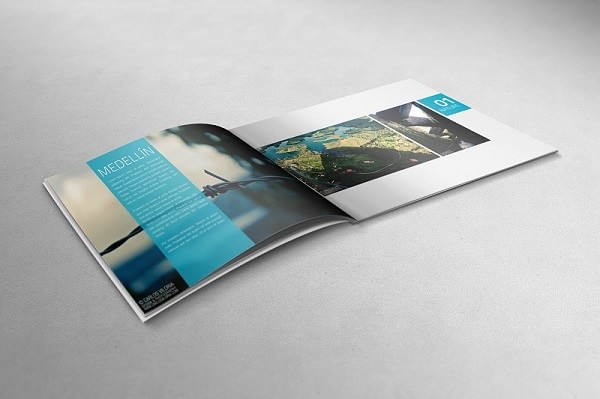My Journey with The Chicago Council on Global Affairs

360° Tour of The Chicago Council on Global Affairs. In 1922 in response to the isolationism in the United States after World War I, twenty-three men and women founded The Chicago Council as an independent forum to discuss foreign affairs and enhance public awareness on world events. Since then, the Chicago Council has become one of the most influential policy institutes, creating a prominent platform within which to debate local, national and international issues. Holding public lectures and luncheon discussions, the Chicago Council consistently draws thousands of people together with world-renowned political figures and experts from the academic, private and civil society sectors.
Investing locally, driving globally is one of my talking points if I had to characterize the Chicago Council, building on its trademark of ‘’Global insight, Global influence. Connecting the World to Chicago and Chicago to the World” (see The Chicago Council website). Beyond its longstanding tradition in providing insights to the public, for 40 years and up today the Chicago Council gives a voice to the public by conducting and publishing its ‘’Public Opinion Survey’’ on areas such as foreign policy, urban challenges, global security, the economy and energy, all of which Africa, Asia, the Middle East and America are facing.
Here I am, part of the “Emerging Leaders” of the Chicago Council on Global Affairs. My journey began during the summer of 2012, when I crossed paths with an inspiring individual and economist, Adolfo Laurenti. He turned our discussion of today’s global issues from evocative to impactful, nurturing my interests to join The Chicago Council as a Young Professional (YP Member). A few months later, he sought my nomination to the “Emerging Leaders” (EL) Program of the Chicago Council on Global Affairs. This comes as an opportunity to further contribute to the discussion on the most pressing matters facing us both locally and globally, something that he has embraced over the past two years as an Emerging Leader in the Class of 2013, and continues to do so today. I responded to his call as it resonates well with what I work on and stand for as a citizen of the world and as part of the Tunisian and African diaspora.
Molly O’Donnell, Director of the Emerging Leaders Program, notes the importance of this program “Just as the current generation enabled Chicago to become a global city, this new generation will make the decisions and exercise the leadership that will equip the city to compete and thrive in this global era. The city’s future depends on their abilities to meet this challenge, and serve as agents of change”.
Thus far as the EL Class of 2015, we’ve taken part in public events, work sessions and round tables that expanded our views on global issues and connected us with thought leaders, peers and alumni from previous EL classes. As a “Think Tank”, and one of the Chicago Council cornerstone programs, ELs invest in specific issues, conducting research and gathering data to develop recommendations and policy papers that are published and presented to the public. Examples include “The Emerging Power of Big Data: The Chicago Experience” and “Feeding an Urban World: A Call to Action”. As our EL alumni have done in the past, our Class of 2015 is beginning to develop its projects. With five of my fellow ELs, Benjamin Bader, Lisa Thomas, Ross Shelleman, Shalini Unnikrishnan and Kuliva N. Wilburn, we are working on the opportunities and challenges that make Africa the next investment nexus. Within this context, our team met with leaders and experts, among them Mohamed Malouche, Chairman of the Board of the Tunisian American Young Professionals (TAYP), to understand the role of diaspora in facilitating and consolidating investment opportunities in Tunisia and in Africa. I can refer to Mohamed Malouche’s words published in his article ‘’Tunisian Diaspora Gives Back, Boosts Economic Growth’’ at the International diaspora Engagement Alliance (IdEA) ‘’At TAYP, we believe that the successful transition to a new Tunisia is contingent upon the country’s economic prosperity. We hope to leverage our experiences and connections to strengthen economic ties between the nation where we live and the nation from which we are descended’’.
Here we are, Engaging, Connecting and Changing. These three actions come to my mind deciphering the remarkable parallelism that stands out between The Chicago Council on Global Affairs “Connecting the World to Chicago and Chicago to the World” and The Tunisian American Young Professionals “connections … between the nation where we live and the nation from which we are descended”. Halfway through this journey as an EL of The Chicago Council on Global Affairs, and as part of the diaspora, there is no doubt that our participation and engagement in today’s global issues is vital to equip tomorrow’s roadmap with tangible solutions in which ‘’true partnerships’’ transpire, people to people, city to city and country to country.
related news


About the author
Dania Kechrid